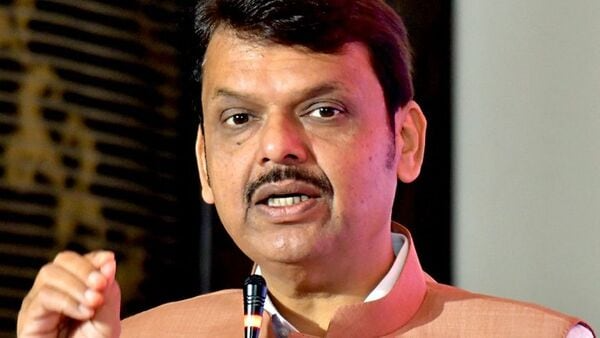Special Correspondent
Mumbai: As public anger continues to rise over the tragic death of Tanisha Bhise, Dinanath Mangeshkar Hospital in Pune is now facing serious allegations of arrogance and negligence. Shockingly, the hospital allegedly failed to respond even to the Chief Minister’s Office. Maharashtra Chief Minister Devendra Fadnavis himself has strongly condemned the hospital’s conduct.
Expressing his displeasure, CM Fadnavis said, “The Chief Minister’s Office had intervened in the matter and tried to reach out to Dinanath Mangeshkar Hospital regarding the incident. However, the hospital did not respond appropriately. We are determined to take strict action to ensure such incidents do not occur in the future.”
The controversy erupted after the hospital allegedly refused to admit Tanisha Bhise, wife of BJP MLC Amit Gorkhe’s PA Sushant Bhise, due to non-payment of a hefty deposit. Reports say the hospital demanded Rs 10 lakh upfront for surgery and advised the family to take her to Sassoon Hospital if they couldn’t afford it. Tanisha was later admitted to another hospital where she delivered twins, but sadly passed away shortly after.
The incident has triggered widespread protests from various political parties and civil society groups.
CM Fadnavis stated, “This is a deeply unfortunate and disturbing incident that reveals a shocking lack of compassion. Dinanath Mangeshkar Hospital is a reputed institution, established by the legendary Mangeshkar family. As a charitable hospital, it must uphold its responsibilities towards the poor and needy.”
He further added, “A committee has been formed to investigate this particular case. Additionally, we are working to strengthen oversight of all charitable hospitals to ensure such tragic events do not repeat. Hospitals must admit patients without worrying about money in emergency situations. We will check whether they are following the rules properly.”
The Chief Minister clarified that while charitable institutions operate independently, the Law and Judiciary Department has some regulatory oversight. A centralized platform for charitable hospitals has also been developed to monitor their responsibilities.
“Though the government cannot directly take control of charitable hospitals, if irregularities are found, the Charity Commissioner has the authority to take appropriate action,” Fadnavis asserted.
This incident has raised serious concerns about the functioning of charitable hospitals and the need for stronger accountability mechanisms to protect patients’ rights, especially the poor.
















